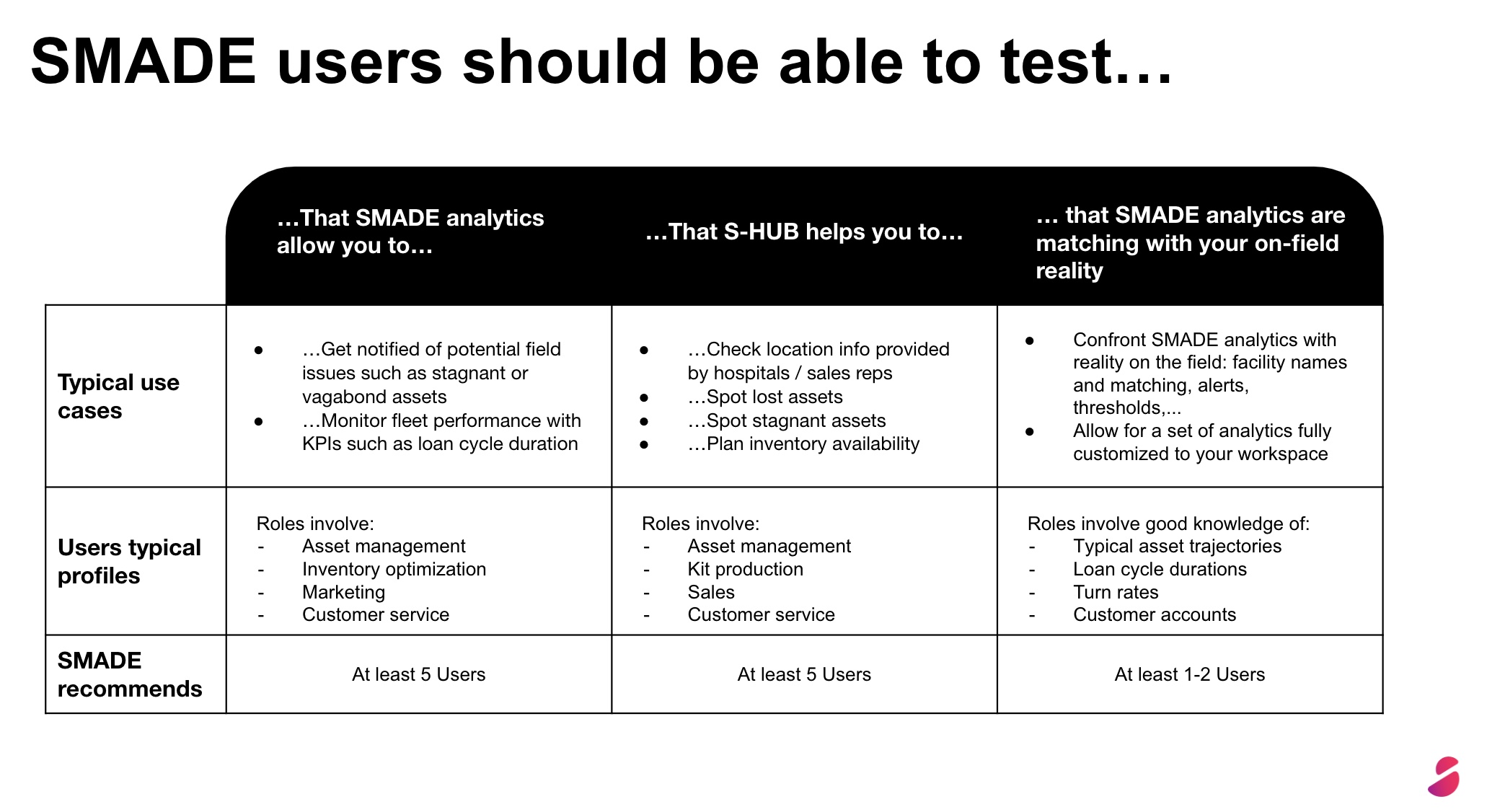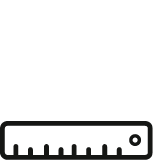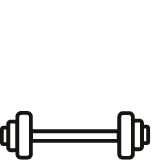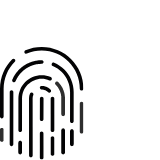Spread the word !
Other posts
Celebrating innovation: Insights from AAOS 2024
Back to solution updatesCelebrating innovation: Insights from AAOS 2024The buzz of innovation at AAOS 2024 left the SMADE team excited. Guided by the…
What are the benefits of working remotely?
A journey started before covid Remote work is not only a new way of working, but also a challenge that has been accelerated to an unprecedented speed…
If you love to write about smart healthcare, fill this form to become a writer for ‘In Your hands’.










